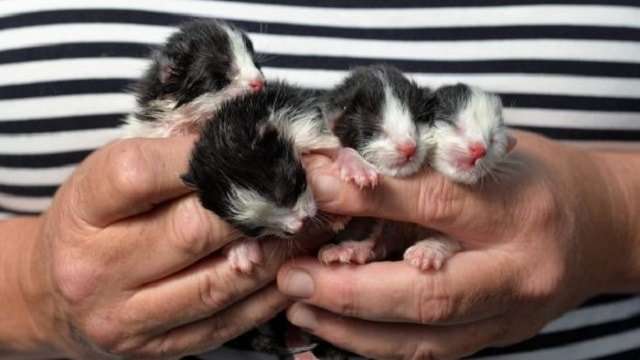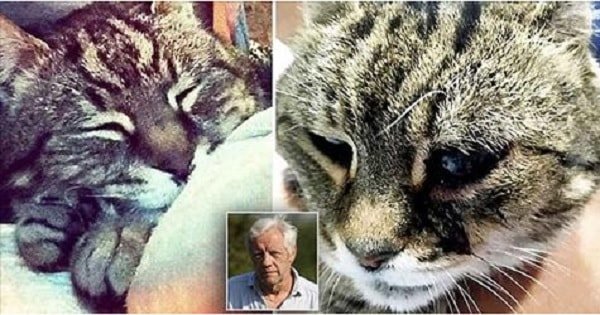Some weird new Swedish research is investigating whether cats from different parts of the country have varying regional accents.
From recordings, scientists in Sweden at Lund University are comparing the sounds of cats two very distant areas, Stockholm and Lund.
“I share my home with five cats with whom I communicate using both visual and vocal signals and I found a variation in their vocalizations, especially in the melody of the meows,” project leader Susanne Schötz said.
The experts believe that the investigation into feline “dialects” could be key in gaining a better understanding of the relationship between humans and cats, particularly in terms of the vocal signals we humans use to communicate.
“They seemed to use different melodies in different situations. We want to discover whether their meows relate to emotion or attitude? Or do felines use different patterns to send messages like: ‘I’m somewhat hungry’, ‘I’m very hungry’, ‘I’m unhappy’, ‘I am content’, ‘Could I please have your attention?’ and “I need your attention now!”? Or perhaps they simply imitate our intonation to improve the communication.”
Scientists will first investigate cats’ melodies to see if they can be related to certain, specific situations, specific emotions and if they consciously vary it to convey certain messages. They will record the meows of 30 to 50 felines who are all in different situations, such as during feeding time, when they access places behind closed doors, etc. and they will use phonetic methods to analyze the melody.
Early tests have already shown that cats, which were recorded in a home kitchen during feeding time, often had melodies with a tonal rise at the end. Felines who had been recorded while in the waiting room of a vet clinic had meows with a rising-falling melody, with a fall towards the end of the sound.
“It seems that cats and their human companions together develop some kind of unique ‘pidgin language’ and it is not impossible that some of the accent or dialect features of the human speech is included in the vocal signals of the cat as well.” Schötz explained. “I have been approached by a number of people who say their cats do not sound like others. It could be because they speak Japanese or a different dialect with them…”










